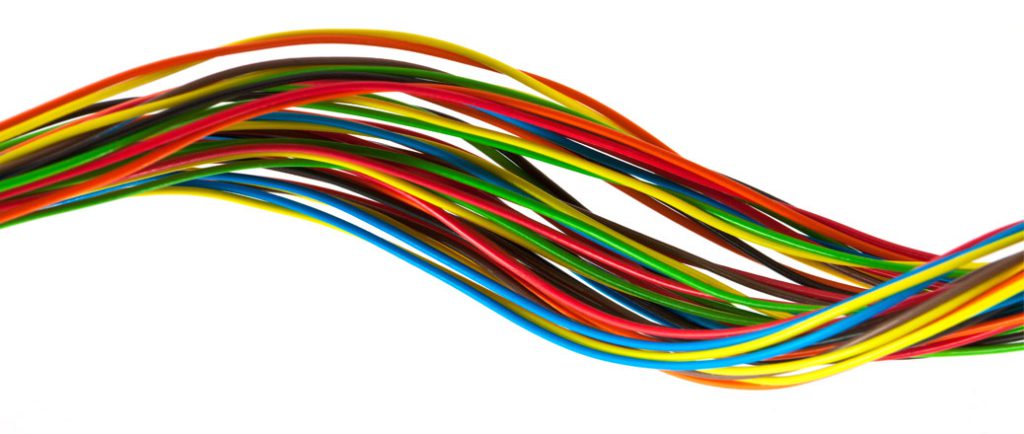Why Fire-Prone Communities Need Community Microgrids Now
This blog post explains the crucial need for Community Microgrids in fire-prone regions.
Read More
The Clean Coalition has developed guidelines to help communities move toward electrification and energy resilience. These guidelines will serve as models that municipalities around the country can adopt.
In 2019, Berkeley, California banned the use of natural gas in new construction. By late 2020, over 40 California cities had followed suit, including San Francisco and Oakland.
Going all-electric and eliminating natural gas from our homes and gasoline from vehicles results in a safer, cleaner environment. Additionally, eliminating the greenhouse gas (GHG) emissions associated with natural gas helps address climate change, which is an underlying cause of the longer, more dangerous fire seasons in California. Going all-electric even saves money.
Community Microgrids represent a new approach for designing and operating electric grids. Although connected to the larger power grid, during a power outage a renewables-driven Community Microgrid can “island” from the grid and keep critical facilities like fire stations, hospitals, and emergency shelters online indefinitely.
We have the technology but lack the policies and market mechanisms to deploy Community Microgrids widely. The Clean Coalition is working to move these forward — but we don’t have to wait for these to be fully developed to prepare for the Community Microgrid future. We can build or retrofit model structures now that will be ready to connect to Community Microgrids when the right conditions are in place.
The ECMR design standard and economic analysis provides recommendations for the simple, inexpensive wiring and components needed to achieve full electrification and a facility microgrid — as well as the wiring and communications required for participating in a future Community Microgrid.
The Clean Coalition developed the ECMR guidelines in collaboration with a team of industry experts, including the Electric Power Research Institute (EPRI), Lawrence Berkeley National Laboratory (LBNL), General Microgrids, and others.
The ECMR guidelines are meant to enhance building codes and to assist homeowners, developers, and electrical engineers to easily plan and install the necessary wiring and communications to be all-electric and Community Microgrid Ready.
The can be used by:
The communication protocols suggested in the ECMR guidelines allow a building to store renewable energy and send it back to the grid based on signals from the utility or grid operator. This benefits building owners with revenue, and provides demand response, frequency regulation, and capacity to the grid or microgrid system.
The wiring costs for the suggested upgrades are minimal above the basic electrification wiring, and add significant value and resilience potential to the home and community.
The ECMR guidelines should be part of the reach code for any municipality that has ambitions for electrification and resilience.
A Community Microgrid is a coordinated local grid area served by one or more distribution substations and supported by high penetrations of local renewables and other distributed energy resources (DER), such as energy storage and demand response.
Community Microgrids represent a new approach for designing and operating the electric grid, relying heavily on DER to achieve a more sustainable, secure, and cost-effective energy system while providing indefinite, renewables-driven backup power for prioritized loads. Community Microgrids provide communities unparalleled economic, environmental, and resilience benefits.
The latest in clean local energy
Learn about our innovative projects and initiatives on our blog, and see what others are reporting about our important work.
This blog post explains the crucial need for Community Microgrids in fire-prone regions.
Read MoreRedwood Energy reports on Clean Coalition’s expert commentary, warning that AB 942 threatens rooftop solar affordability and undermines the clean‑energy transition
Read articleThis Clean Coalition hosted webinar took place on 27 June 2025 at 10:00 AM PST.
Read More